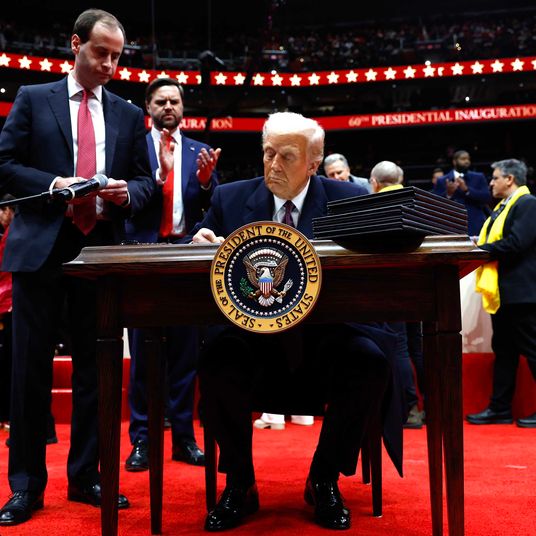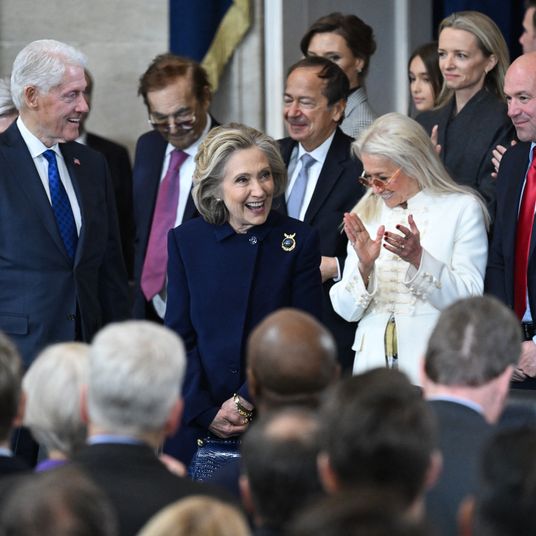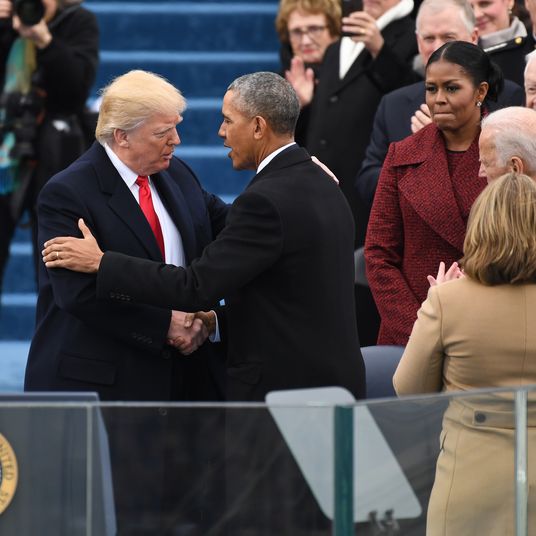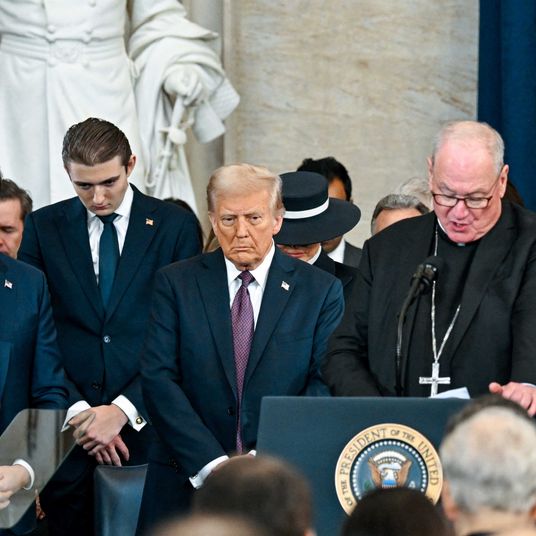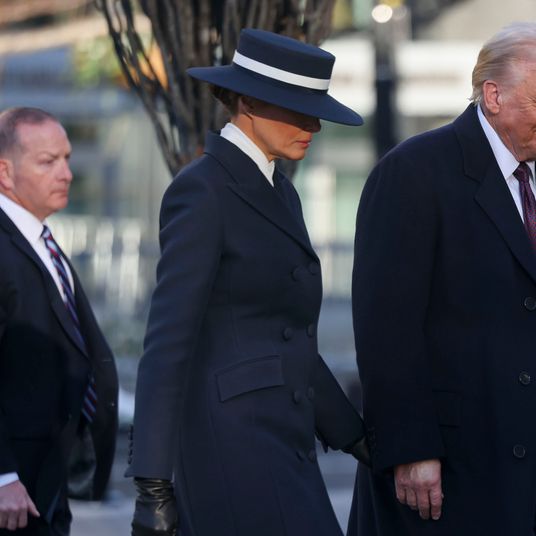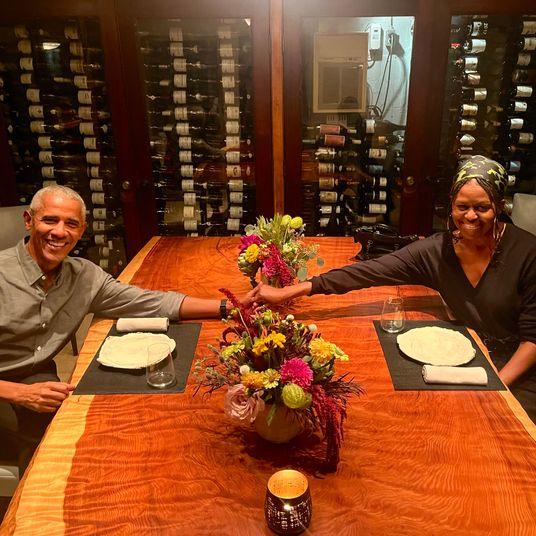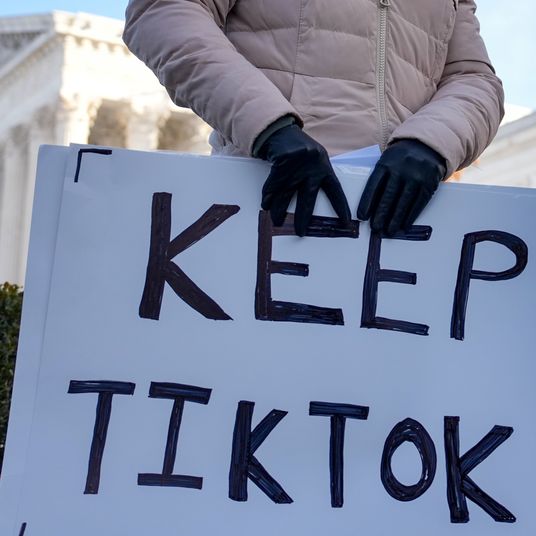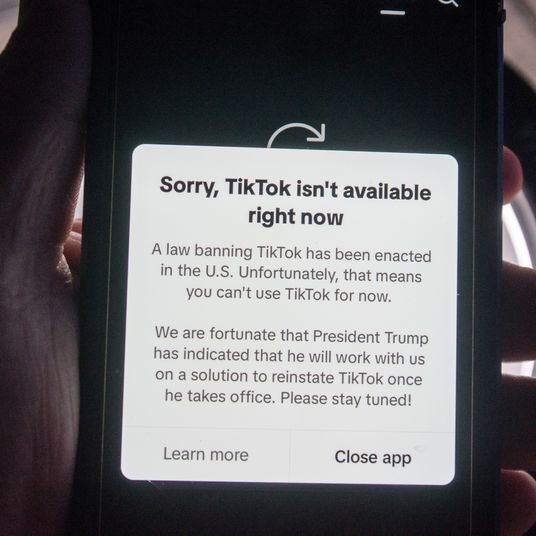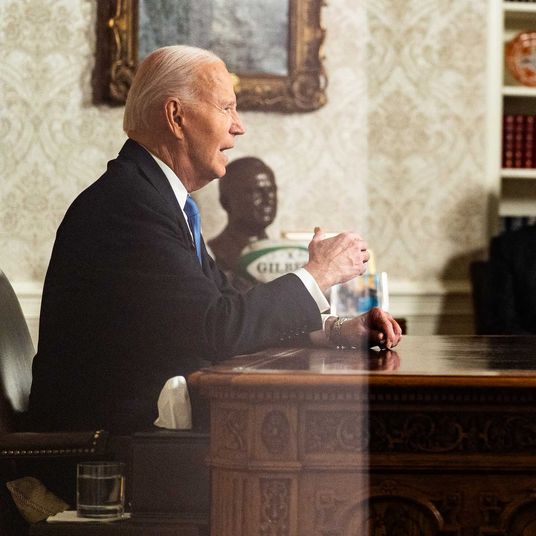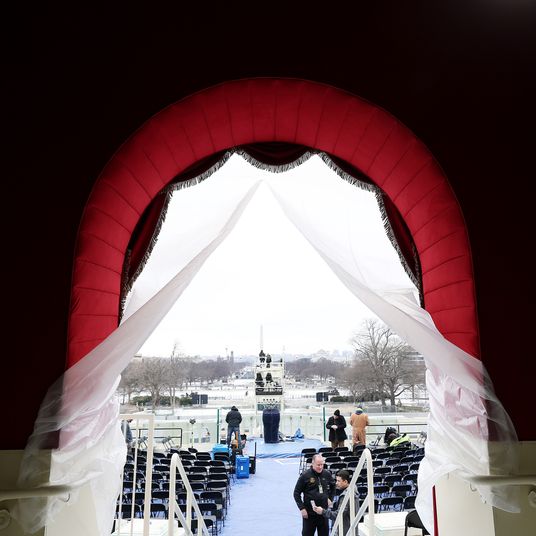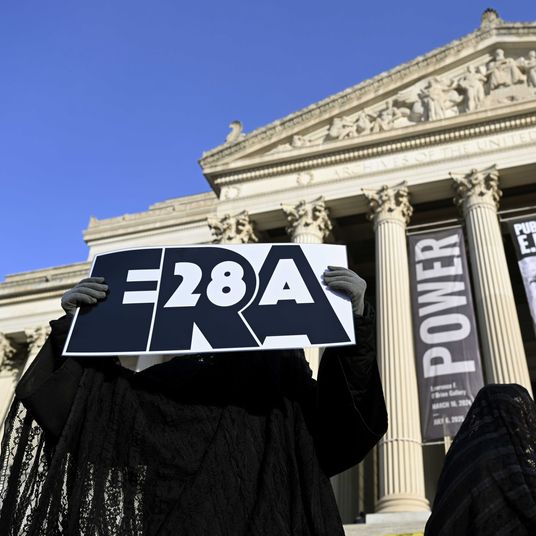
Israel announced on Thursday that it would not let Democratic congresswomen Rashida Tlaib and Ilhan Omar enter the country on a planned trip beginning this weekend.
Prime Minister Benjamin Netanyahu issued a statement in which he said that “the two-member congressional visitation plan shows that their intent is to hurt Israel and increase its unrest against it.”
The Israeli government did say it would allow Tlaib a “humanitarian” exception to visit her grandmother, who lives in the West Bank, as long as the Congresswoman refrained from promoting boycotts against Israel during her stay. Tlaib rejected their offer.
The trip’s cancellation drew immediate criticism from top Washington Democrats, came after the White House lobbied Netanyahu to deny entry to Tlaib and Omar, whom Trump has made the target of racist attacks in recent weeks. Axios reports that Netanyahu had been inclined to let the lawmakers in, then changed his mind in the face of entreaties from the Trump administration. Shortly before Israel announced its decision, Trump made his distaste for the idea of Tlaib and Omar’s visit:
He didn’t leave the topic alone after he got his way, either:
In a statement, U.S. ambassador to Israel Devin Friedman said that the U.S. “supports and respects” Netanyahu’s decision, and framed the lawmakers’ trip as a threat to Israel.
Netanyahu’s aggressive tactic drew flak from Senate Majority Leader Chuck Schumer, who wrote on Twitter: “No democratic society should fear an open debate. Many strong supporters of Israel will be deeply disappointed in this decision, which the Israeli government should reverse.” House Speaker Nancy Pelosi weighed in as well, commenting that the denial of entry was ” beneath the dignity of the great State of Israel.”
Later, Omar responded herself, calling Netanyahu’s decision “an affront.”
There was also mild criticism from a somewhat unlikely source: AIPAC, the powerful lobbying group that Tlaib and Omar have often criticized as wielding disproportionate influence on lawmakers.
And Republican senator Marco Rubio tweaked the move from a different angle, writing that Tlaib and Omar should not be denied entry because “being blocked is what they really hoped for all along in order to bolster their attacks against the Jewish state.”
During their brief time in Congress, Omar and Tlaib, the first two Muslim women elected to the House, have become well-known for their harsh criticism of Israel’s government. Both are strong supporters of the Boycott, Divest, and Sanctions movement, also known as BDS, which proposes that governments and businesses shun Israel for its treatment of Palestinians and for building settlements in the West Bank, a practice forbidden by international law. Omar and Tlaib were two of 17 representatives to vote against a House motion condemning BDS earlier this year. Omar has also drawn widespread condemnation for multiple comments that many viewed as anti-Semitic, and which drew criticism from some fellow Democrats.
The two were expecting to visit Jerusalem — including the Temple Mount, a holy site in three religions — as well as Bethlehem, Ramallah, and Hebron, where they would meet with peace activists and human-rights organizers. Tlaib was to stay on for two days to visit her grandmother in the West Bank village of Beit Ur al-Tahta. They had not planned to meet with any Israeli officials, a fact Netanyahu cited in his statement.
In 2017, Israel passed a widely criticized law dictating that anyone who supports the BDS movement could be blocked from entering the country.
Last month, Israeli ambassador to the U.S. Ron Dermer said that Israel would not bar entry to any American lawmaker, “out of respect for the U.S. Congress and the great alliance between Israel and America.” While applying the rule in such a high-profile case will undoubtedly spark an uproar, Netanyahu, who faces his second election in six months after he was unable to form a government in the spring, may care more about placating Israel’s hard right than anything else.
The controversy over Omar’s posture toward Israel has largely died down in recent weeks. Now that Israel has blocked her from entering the country, it may be resuscitated — but this time, it’s hard to imagine any Democrats agreeing with President Trump.
This post was updated after Israel confirmed the ban.






